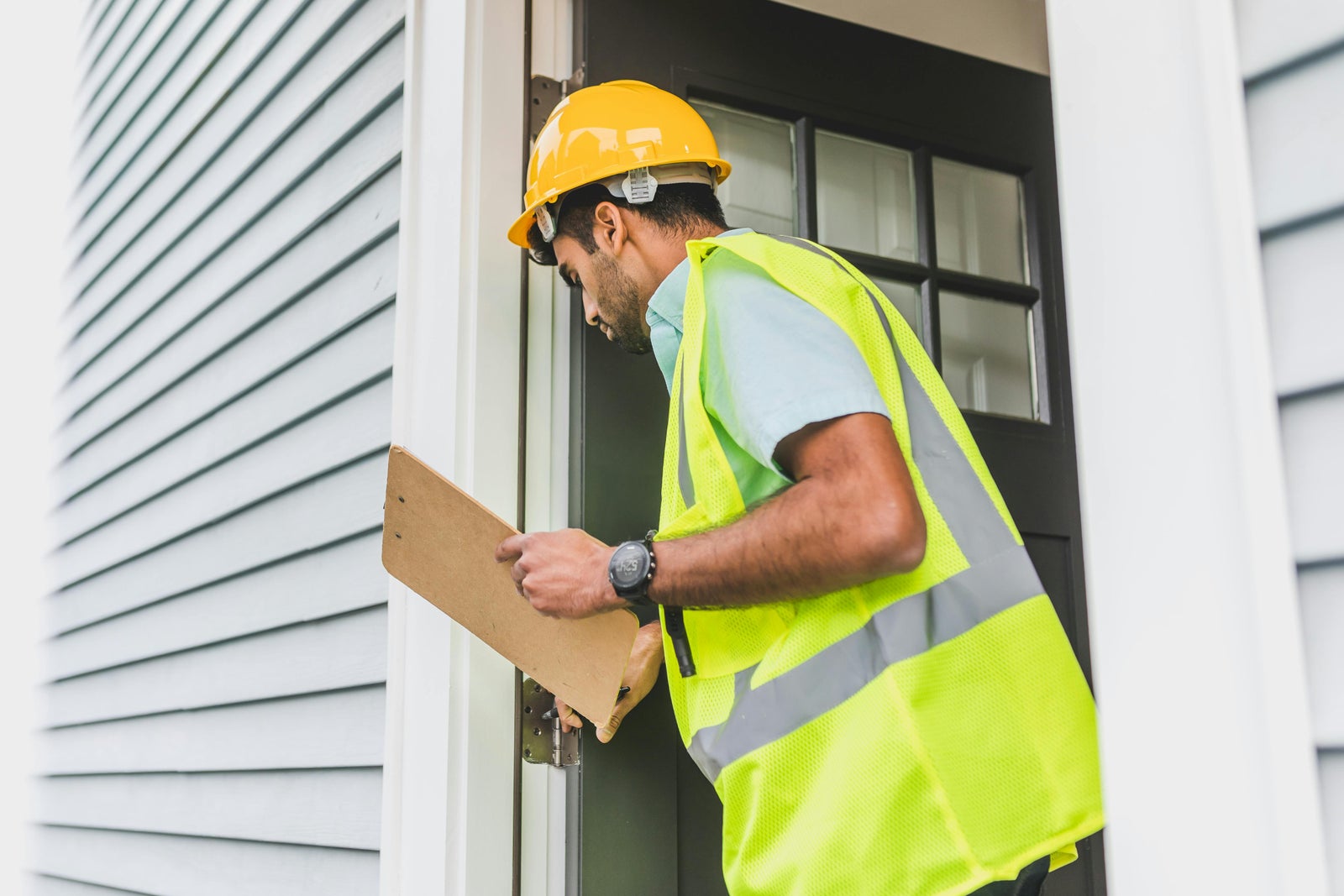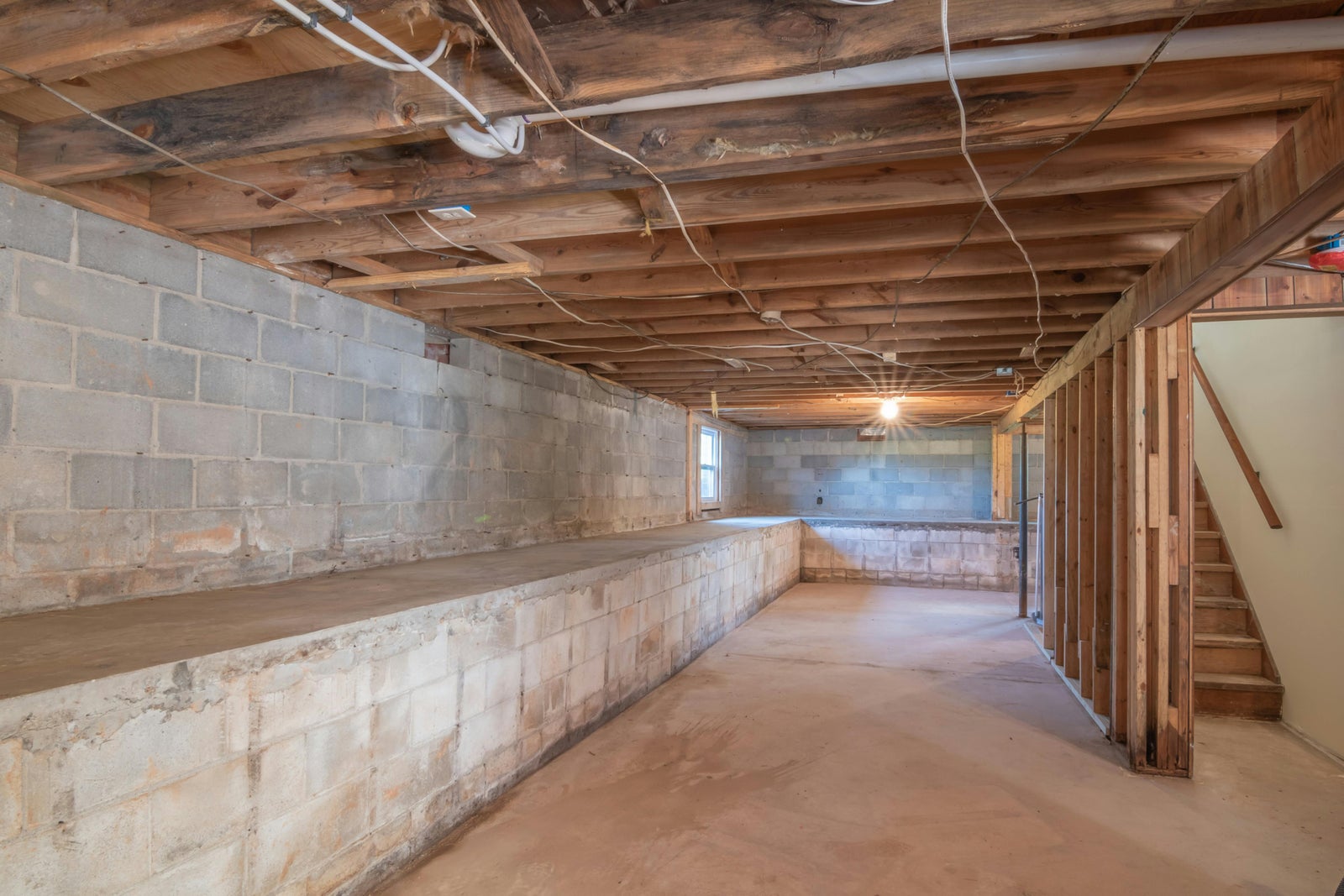

One of the most important steps in purchasing a home is having a professional conduct a home inspection. Not only can an inspection help you identify key issues in the home, but it could give you a leg-up in the negotiation process as well.
What to Expect
A home inspection is usually conducted after an offer has been put in on a home. If you plan on getting a home inspection, it’s a good idea to include it as a contingency in your offer. That way if there are major issues and the home fails the inspection, your offer becomes null and void.
Next, you’ll have to choose a home inspector. Ask friends and family for referrals or check online for inspectors who come well recommended. You can also check to see if they are registered with an organization like The Canadian Association of Home & Property Inspectors (CAHPI). Those who are registered have to adhere to certain codes and ethics set by the organization.


Inspection Day
Once you’ve chosen an inspector, set up a day to walk through the house. Though you don’t have to be present during the inspection, it’s highly recommended that you attend. That way, the inspector can point out any issues and answer any questions you have.
Your inspector will know what needs to be checked out, but here is a checklist so you know what to expect:
- Foundation and structure: The foundation of the home should be secure with no cracks in the roof or walls.
- Roof and attic: The inspector will check the roof for damaged or missing shingles as well as clear vents, chimney damage, and functional gutters. The attic should be properly ventilated with sufficient insulation and no signs of mold or water damage.
- Exterior: The yard should have proper drainage with no septic tank leaks, and the exterior of the home will be examined for damaged siding, stucco, and paint.
- Plumbing: All fixtures should be functioning properly with no leaking pipes. The inspector will check if the hot water is working properly as well as the condition of the water heater.
- Electrical systems: Outlets and switches will be checked to ensure they are functional. The circuit breakers and grounding should be up-to-code, and exhaust fans and light fixtures functional.
- HVAC: Heating, ventilation, and air conditioning systems should be functioning well. Their condition should be examined.
- Interior: Celling should be level with no cracks, doors and trim should not be cracked, and windows should be properly aligned and in good condition.
- Basement: The inspector will check the basement floor, walls, and foundation to ensure they are solid with no signs of water damage. Proper insulation should also be checked.
- Garage: Garage door should be in good condition with up-to-code electrical systems and no damage to the foundation, walls, framing, and ceiling.
- Appliances: If the appliances will be included in the sale, then ensure they are functioning properly. The age of the appliances can also be checked.
Post-Inspection
After the inspection, the inspector will provide you with a report of anything that needs repairs or crucial issues.
If all goes well, the inspection report will not have any major issues. However, if the home fails the inspection, you can amend your agreement of purchase and sale and state that the seller must perform certain repairs in order to complete the sale, or reduce the purchase price. If the issues are serious enough, you may decide to walk away from the sale altogether.
A home may seem perfect on the outside, but once you take a closer look you may find issues that could make or break the deal. Home inspections can save you a lot of headache in the long run.



